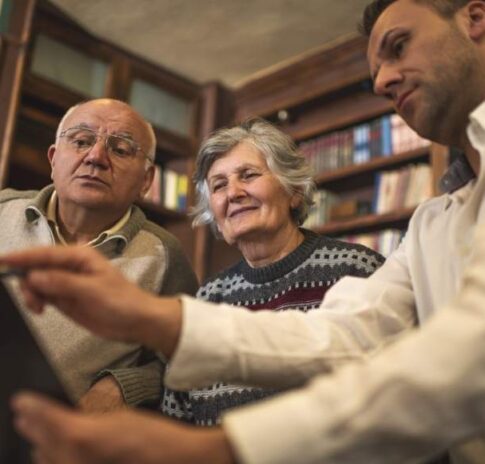For many hard-working adults, taking care of a loved one in need can be complicated and time consuming, often requiring the aid of a trained caregiver. Whether it’s for chronic pain sufferers, aging parents or family members recovering from an injury, in-home care is a worthy investment that unfortunately for some, simply isn’t in their budget.
At FirstLight Home Care, we never want the care of your loved ones to cause financial hardship. For these instances, life insurance can often be used to pay for in-home senior and adult care. Here are a few things to know to get the financial assistance you need to extend a culture of care to your family.
- Qualifications: Converting life insurance to what’s called a long-term care benefit plan is an option that all in-force life insurance types offer. These include term, whole, group and even universal insurance. Immediate need for care is a requirement that’s likely to be determined by the insurance provider.
- Costs: Many providers offer this conversion at no additional cost. In fact, when most policies are switched, the subsidies begin helping immediately with no extra premiums and payments going directly to the care provider.
- Payouts: Payouts for caregiving vary based on your life insurance policy and the number of months help is needed. Because the payouts are private pay, the money can be used for any type of caregiving, from assisted living to in-home care.
- Funeral costs: You may think that converting a life insurance policy to pay for in-home care would eliminate the funeral cost savings, but that isn’t the case. While the ultimate payout may be smaller, you’ll still receive a portion of your account to cover funeral expenses – typically $5,000.
Paying for the care your loved ones both need and want can be tricky, but life insurance is designed to help. Most long-term care benefit plans are accessible at any time and are even recognized by Medicaid as a qualified financial vehicle. If you want to learn more about paying for high-quality in-home care using life insurance, contact your local FirstLight Home Care location to find out how to get started.
